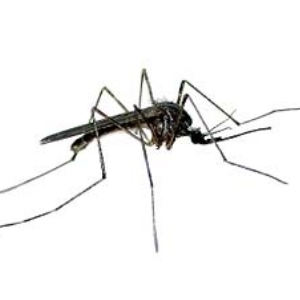
Dengue, also called haemorrhagic fever, is one of the fastest-growing tropical diseases in the world and has been classified by the World Health Organisation as representing a "pandemic threat", with nearly half of the world's population at risk of contraction.
While the virus has recently spread to locales as far-flung as Russia, Portugal and the United States, sub-tropical regions like Panama are particularly prone to epidemics due to a climate that encourages mosquito reproduction.
Engineered mosquitoes
The Aedes aegypti mosquito is the primary vector of the dengue virus. The engineered mosquitoes approved for release carry genes that arrest the Aedes aegypti cycle of development by disrupting the male mosquitoes' reproductive capability.
Read: Keep mosquitoes at bay
Panamanian health officials hope that by releasing enough of the genetically modified male mosquitoes, whose offspring don't survive, the overall mosquito population will decline precipitously.
The mosquitoes will be released in three communities in the Arraijan district, 18 kilometres west of Panama City.
No threat to human health
Health officials in the district told residents that the genetically modified mosquitoes posed no threat to human health, due to the fact that males feed on plant nectar rather than human blood.
Read: Malaria mosquitoes evolving
The director of the health institute responsible for the operation, Nestor Sosa, said that the modified mosquitoes represented less of a human health hazard than the large-scale insecticide fumigation campaigns that are usually carried to control the Aedes aegypti.
"The mosquito's lethal gene causes death among eggs incubating in water," Sosa said, "so it isn't released into the environment." Similar technologies have already been applied in Mexico, the Canary Islands and Malaysia in an attempt to battle vector-borne diseases.
Read more:
Mutant mosquitoes fight dengue fever
Flightless mosquitoes may curb dengue
Central America prepares for dengue epidemic




 Publications
Publications
 Partners
Partners














